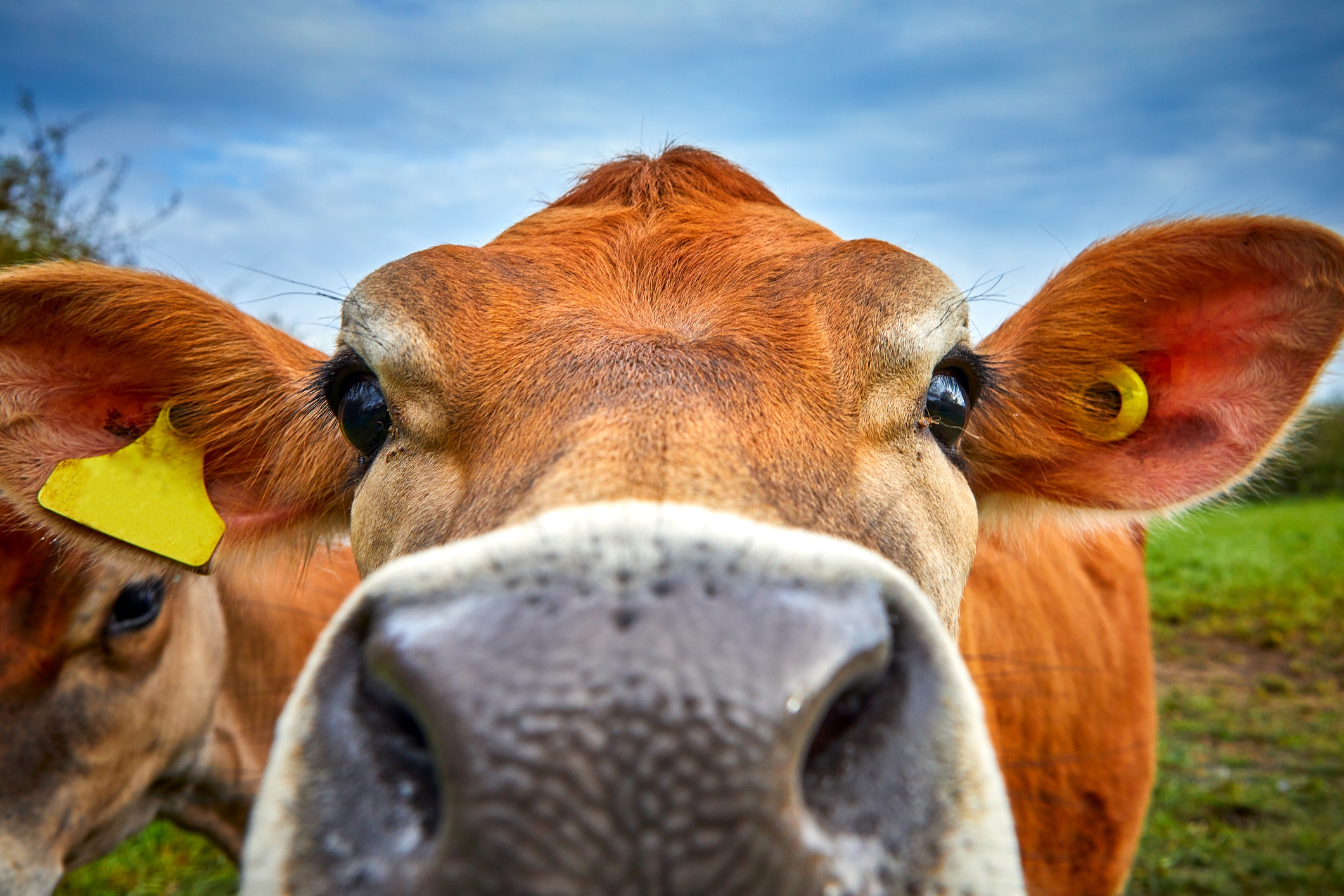ArkeaBio, a Boston-based agricultural biotechnology startup, is developing a vaccine aimed at reducing methane emissions from cattle, a significant source of greenhouse gases.
The firm has recently raised $26.5 million in funding led by Breakthrough Energy Ventures, a climate-focused fund established by Bill Gates. The funding round also included contributions from the Grantham Foundation for the Protection of the Environment, AgriZeroNZ, Rabo Ventures, Overview Capital, and The51 Food & AgTech Fund.
Cattle are responsible for emitting substantial amounts of methane, a potent greenhouse gas with 84 times the warming power of carbon dioxide over a 20-year period according to European Union energy experts. Methane emissions from the world’s cattle have a similar impact on the climate as all passenger vehicles globally and are four times greater than the emissions from all airlines.
ArkeaBio, founded in 2021, has been testing its vaccine candidate for a year with researchers at Texas A&M University. The vaccine targets methanogens, a group of microorganisms in cattle’s stomachs responsible for methane production. The vaccine works by stimulating antibodies to neutralize methanogens without harming the cattle, according to Colin South, ArkeaBio’s CEO.
Chris Rivest, ArkeaBio’s board chairman and a partner at Breakthrough Energy Ventures, highlighted the importance of reducing methane emissions in the agricultural sector. Cattle already receive regular vaccinations for various diseases, so incorporating a methane-reducing shot would not be unprecedented.
Some industry stakeholders, such as Justin Tupper, president of the United States Cattlemen’s Association, are skeptical about the contribution of cow burps to greenhouse gases and question the practicality of a methane-reducing vaccine.
ArkeaBio, located in the former Hood Milk Plant in Charlestown, aims to have its vaccine approved by the US Department of Agriculture within three to four years. The company employs around 20 people.
New Zealand, where agriculture is a significant part of the economy, views the development of a methane vaccine as crucial for reducing emissions. The nation’s government has declared a climate emergency and aims for its public sector to be carbon neutral by 2025.




